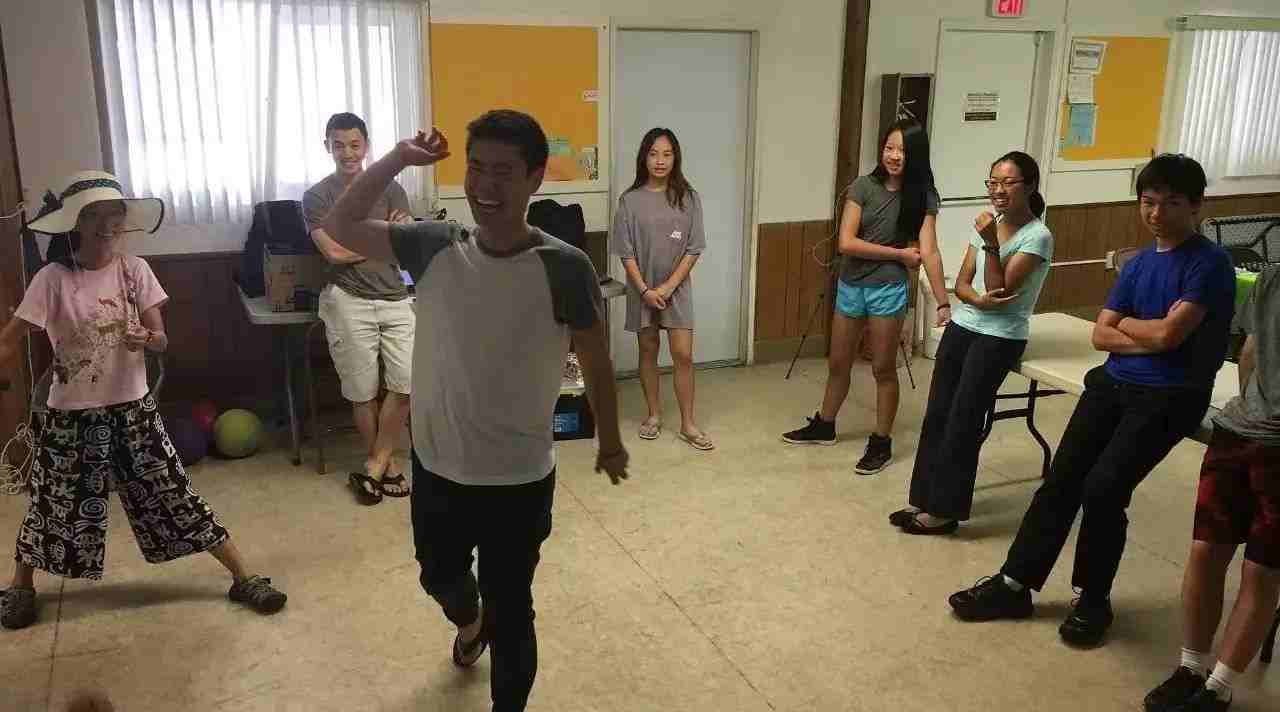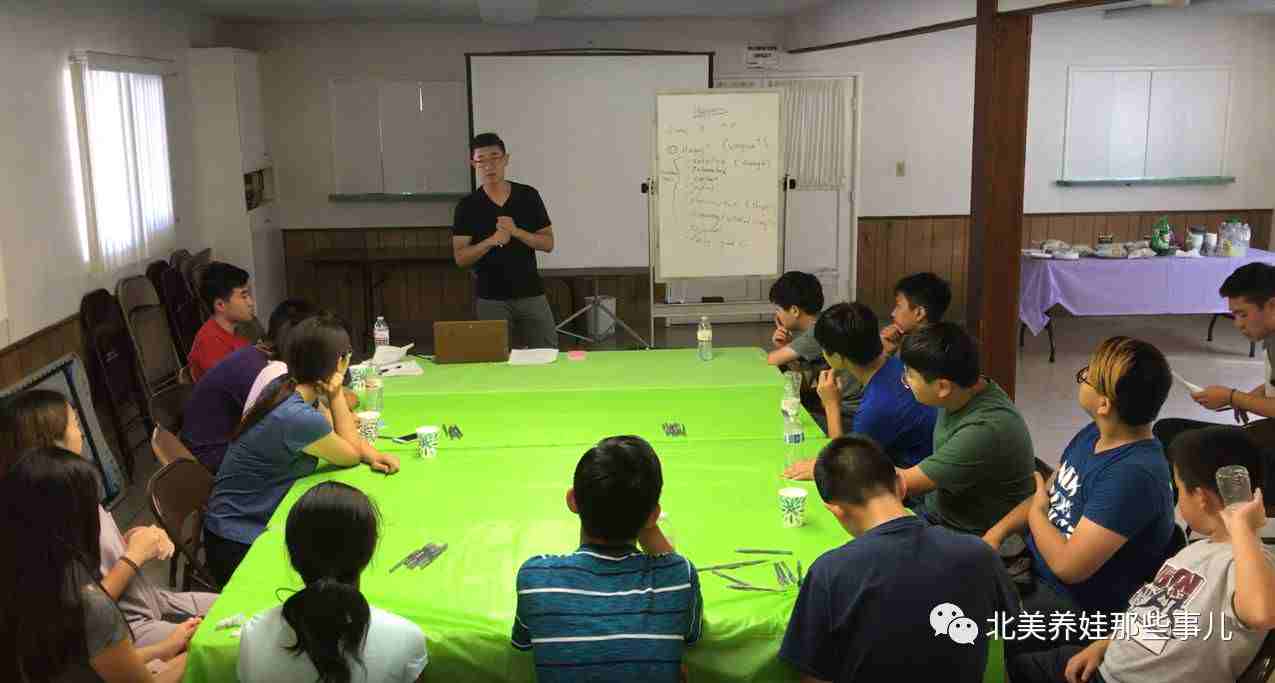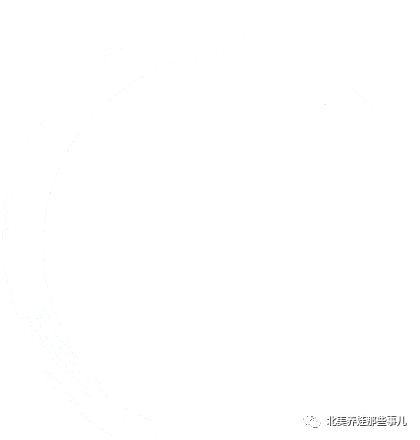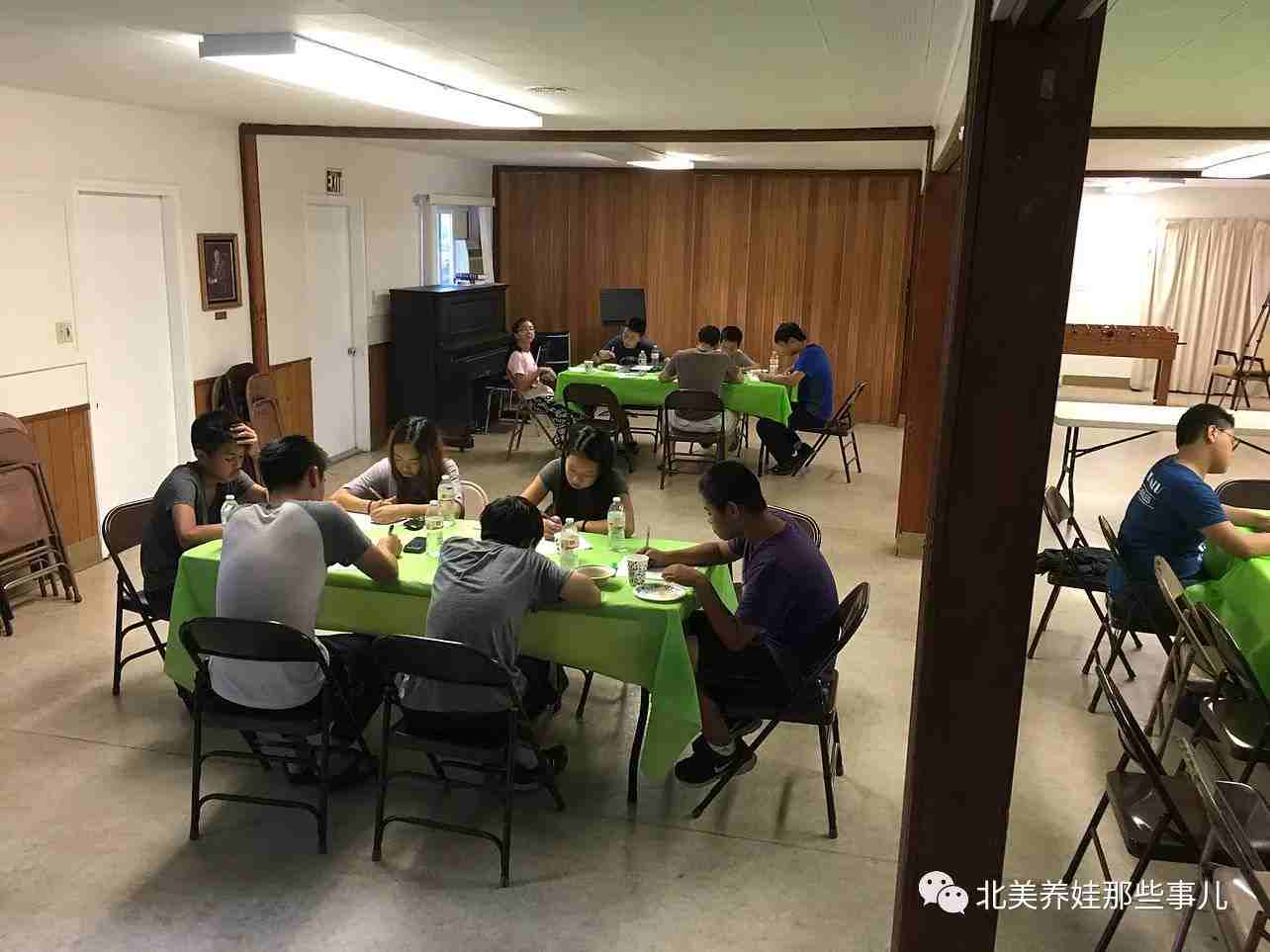儿子,你们和学生们谈人生终点?好大的胆!


读儿子的博客
震到我了!

01
前几天有闲,就到老大在Orenda Academy写的的博客里溜达溜达,一开始还津津有味,看他们第二次集体活动是让学生们思考:什么是幸福快乐?
这个问题,好大啊!什么是幸福快乐?
对年轻人来讲,找到自己喜欢的事情?找到自己心爱的人?上一个理想的大学?挣很多钱?有一份理想的工作?
对中老年人来讲,功成名就?平平安安?子女幸福?子孙满堂?
坦率地讲,我,还真没有明确的答案。
02
可接着往下看,就有点震到我了。
他们问学生的第二个问题,竟然是:
“你希望你人生终点那一天,人们缅怀纪念你的时候,都说些什么?”
哎呀妈呀,吓我一大跳!
这,这个,这个问题,也有点太超前了吧?
那些青少年,年龄才都在12-16岁左右,那可是早晨5,6点钟的太阳啊!刚刚升起,旭日朝阳,美好人生才刚刚开始呢。
这些朝气蓬勃的青少年,怎么会想到人生的终点?
又有谁愿意去想,人们会用什么语言纪念自己的一生?
别说青少年了,年过半百了,我都没好好想过呢!
儿子,你们怎么能问这些含苞待放的幼芽这么严肃的问题?!
How Dare
You Are!
我心里发紧,硬着头皮往下看吧。
看到了学生们感到震撼。
也看到了震撼之后的思考!
当看到学生们都纷纷说出了自己希望别人如何缅怀自己时,我,发紧的心啊,才开始有些欣慰和释然!
03
的确,我们缺少的就是这种震撼。
我们太习惯于习以为常,太着重眼皮底下的那些事情,我们都急急地赶往下一个人生目标:如何得A,如何晋级,如何得奖,如何超越别人,如何上一个好大学,找一份好工作。
可是我们往往没有静下心来好好地想,我们这样做,目地是什么?
我从小的时候,真的没人问过我这个问题:你想给这个世界留下什么?人生终点时,希望别人如何评价你?
如果,我们从小就这样思考过:我想做个善良的人,我想做个对别人有积极影响的人,我想留下我的著作,我想用我的文艺作品给世界留下美好,我想用科技改变世界。。。
如果,不论在哪里,不论做什么,我们都朝着这个方向努力,万变不离其中,我们的人生,会不会多一些不一样的精彩?
可惜,人生没有“如果”。
原文和翻译如下:

奥兰多Orenda辅导第二周:快乐和美德

翻译:阿朵 / 原文:Carl Shan
Orenda 第二次小组集体活动,主要集中在帮助学生思考人生中一个重要问题:你想要一个什么样的人生?
我们让每个学生明确地说出,什么让他们感到快乐和有动力。学生们对他们认知的快乐进行了定义,描述和解释。

幸福
什么是幸福快乐呢?
在我们长大的过程中,我们听到很多关于什么样的生活会让我们感到快乐,但是这些是真的吗?那么“快乐”是什么意思呢?我们希望通过我们的活动,给学生一些启发,让他们开始思考这些问题。
首先,我们要求学生阅读和反思一个剖析幸福主题的在线漫画online comic 。

学生阅读漫画后,组成小组,讨论漫画中的内容。我们训练有素的教练会在每个小组中作引导,以帮助引导他们更深入地了解幸福和快乐的含义。
在整个活动中,学生们将“幸福”一词展开。通过这个活动,学生得出结论,当人们使用“幸福”这个词时,是指许多与之相关但并不完全相同的意思。例如满意,有意义,热情,快乐,有兴趣并参与其中。
一位学生说:把定义分解,展开,我们更好地了解了幸福快乐的含义,这使幸福快乐更有分量。
你想要什么样的生活?

美德
作者大卫 · 布鲁克斯(David Brooks)在他的“人物之路” (The Road to Character)一书中,描述了两种美德,以及他们之间的区别。
第一个为“简历美德”,这个美德是把你带到市场上的品质。在这份简历上,你可以说自己具备哪些过人的技能,比如说谈判高手,有说服力的销售人员,或敬业的工程师。
这些是我们的社会努力培养人们成为更好的员工,雇主,学生或技工的素质。具备“简历美德”,可以帮助你事业上获得成功。
大卫 · 布鲁克斯(David Brooks)还提到另一种美德:“品格美德”。这品格美德是在你的人生终点时,人们缅怀你时的时候说的话。
那个时候,你的朋友,家人和亲人,不会介意你作为销售人员取得了什么傲人的成就。但他们会记得你如何用爱心对待朋友,你对陌生人是多么的友善,以及你是如何诚实地对待自己。
对许多人来说,这“品格美德”才是真正重要的品质。
然而,目前社会,会有很多资源教我们如何用“简历美德”装备自己,但如何用“品格美德”养育自己,资源却相对较少。
正如大卫 · 布鲁克斯总结的那样:“我们中许多人对如何建树自己的外部品格很明确,但对如何建树自己内在的角色却不是很清楚。“
因此,在我们的第二个活动中,我们要求学生讲一下,当自己人生终点那一天,希望别人如何评价自己。
我们知道,我们的学生们都很年轻,但我们希望有意识地引导他们,帮助他们更进一步地思考人生的意义。
你想要什么样的生活?你想成为什么样的人?你希望在内在和外在方面都取得哪些成就?
学生们都自我反思,写下自己的答案,然后在小组中分享。
一位学生说:我想要通过留下艺术作品给后人以启迪。
另一位学生说:我想要人们记住我是如何对待别人的。
还有一位学生说:我希望自己的人生,对他人产生正面积极的影响。
我们每个老师也参与其中,分享我们自己的想法,我们自己的人生目标。


反思
大家分享了自己的人生目标之后,我们会问学生:
- 如果你有未来的目标方向,你目前付诸在行动上了吗?
- 如果你希望将来自己的“品格美德”如上所述,今天,你应该怎么做?
我们将以这个主题为基础,让学生们了解生活中应该把什么放在首位。
下一周,我们将介绍什么是价值观。
许多学生在活动后和我们说:
你们的这些问题,我们从来都未曾想过!
你们的这些问题,太震撼,太深刻!
我们很感谢学生们在学习中能深入思考,我们希望今后继续提供类似发人深省的活动,挑战学生们的思维深度。

我们目前辅导的学生名额已满,对2018春季辅导课程感兴趣的,请填写调查表:
https://docs.google.com/forms/d/e/1FAIpQLScCvg-kFPZ2HFXrYzkz0cX7I5TwJUwHAK9dWf7ll0uA7UQeBw/viewform
我们也有少量online异地辅导名额,感兴趣者请寄邮件:[email protected]

英文
Orenda Week 2 Happiness and Eulogy Virtues
September 12, 2017
Carl Shan
Orenda’s first group session focused on helping students explore one of the most important questions: What sort of life do they want to live? We helped students explicitly verbalize what makes them feel happy and motivated. During this first session, students defined, described and defended what’s important to them.

Students happily play an improv game to begin off the session
What is “happiness”?
When we were growing up, we heard a lot about how the purpose of life was to be “happy”. However, is this true? And what does it mean to be “happy,” anyways? These are some of the questions we hoped our workshop would shed light on for our students through two activities.
First, we asked students to read and reflect on an online comic that dissected the topic of happiness. Students read the comic, and then formed small groups to discuss the ideas in the comic. Each group was facilitated by one of our trained Orenda coaches to help guide the conversation towards a deeper understanding of happiness.
Throughout the session, students unpacked the word “happiness.” Through this activity, students concluded that when people use the word “happiness” they use it to refer to many other ideas that may be related, but not exactly the same. For example, students identified other goals they aspire towards, such as feeling satisfied, meaningful, passionate, joyful, interested, or engaged.
One student pointed out how “brittle the definition of words can be,” and that by breaking a word apart, we can better understand the components that make up the word.

Pictured: “Breaking apart” the idea of happiness so that students can better understand it.
What type of life do you want to live?
In his book The Road to Character, author David Brooks describes the difference between two types of virtues. The first he describes as resume virtues. These are qualities that “you bring to the marketplace.” These are virtues that you would brag about on a resume. They may include things like being a skilled negotiator, a persuasive salesperson, or a careful engineer. These are qualities that our society urges people to cultivate to become a better employee, employer, student, or craftsperson. Resume virtues extol career success.
David Brooks then mentions another type of virtues: eulogy virtues. These are qualities that will be spoken about you at your funeral. Your friends, families and loved ones will not dwell on how accomplished of a salesperson you were. They will instead remember how lovingly you treated your friends, how charitable you were towards strangers and how honest you were with yourself. These are qualities that, for many people, are what is truly important. Yet comparatively little resources are out there to help give a blueprint for how to develop these eulogy virtues. As David Brooks sums it up, “Many of us are clearer on how to build an external career than on how to build inner character.”
As a result, in our second activity we asked students to describe how they want to be remembered when they die. Though our students are young, we wanted to help them think intentionally about how they want to lead their lives. What type of life do they wish to have lived? What sort of person do they want to become? What accomplishments, internal and external, do they hope to have claimed?

Pictured : Students thinking about the life they want to live.
Students self-reflected, wrote down their answers and then shared in their small groups. One student talked about the sort of legacy they wanted to leave through their artistic work, another student described how she wants to be remembered as having treated other people kindly, and another expressed wanting to have left a positive impact on others. Each of the facilitators also wrote their own reflections to this question, and some shared their life goals as well.
We closed the workshop by asking students to reflect on how their life current actions align (or don’t align) with their stated life goals. If they want to live the type of life they want their eulogy to describe, are they putting that into practice today?
We will build upon this theme of understanding what your true priorities are next week when we cover the topic of what students deeply value and why. Many students shared with us after this weekend’s activities that the questions we shared were ones they had never thought about. A few students described how “deep” our questions felt. We feel grateful that students experienced deeper reflection during our workshop and hope to continue to provide thought-provoking activities that challenge our students to develop their own perspectives.
If you are interested in learning more about participating in Orenda Academy,please fill out this link: Spring 2018 Interest Form.
We are also holding a limited number of spots for Spring 2018 virtual coaching where coaches work online with students not in the Bay Area. Please indicate if you are interested. You can also email us at[email protected].
英文原文:
https://www.orendaacademy.com/orenda-blog/2017/09/12/Orenda-Week-1---Happiness-and-Eulogy-Virtues
作者简介:阿朵,生活在美国硅谷的普通码工。大学,研究生学的是都是工科,心里却有一个文学梦。
1997年来到美国,体验着中美两国文化的差异,养育着四个生龙活虎的儿子,也被儿子们锤炼着,教育着,随笔记下生活中和孩子一起成长的点点滴滴。
作品发表在美国《星岛日报》,《侨报》,《美国都市报》,《北京菁Kids》杂志。文章被收集在清华大学出版社出版的海外文轩文集《教育,还可以。。。》《生活,还可以。。。》。
版权归作者所有,转载请联系作者。
阅读更多公众号文章,点击左下角“Read More”。

《北美养娃那些事儿》
立足硅谷,放眼世界。<北美养娃那些事儿>由北美家长分享养儿育女,申请大学,家长和孩子共同成长的真实故事。关注《北美养娃那些事儿》,扫码吧。
欢迎大家一起分享!投稿请寄[email protected]
最新评论
推荐文章
作者最新文章
你可能感兴趣的文章
Copyright Disclaimer: The copyright of contents (including texts, images, videos and audios) posted above belong to the User who shared or the third-party website which the User shared from. If you found your copyright have been infringed, please send a DMCA takedown notice to [email protected]. For more detail of the source, please click on the button "Read Original Post" below. For other communications, please send to [email protected].
版权声明:以上内容为用户推荐收藏至CareerEngine平台,其内容(含文字、图片、视频、音频等)及知识版权均属用户或用户转发自的第三方网站,如涉嫌侵权,请通知[email protected]进行信息删除。如需查看信息来源,请点击“查看原文”。如需洽谈其它事宜,请联系[email protected]。
版权声明:以上内容为用户推荐收藏至CareerEngine平台,其内容(含文字、图片、视频、音频等)及知识版权均属用户或用户转发自的第三方网站,如涉嫌侵权,请通知[email protected]进行信息删除。如需查看信息来源,请点击“查看原文”。如需洽谈其它事宜,请联系[email protected]。